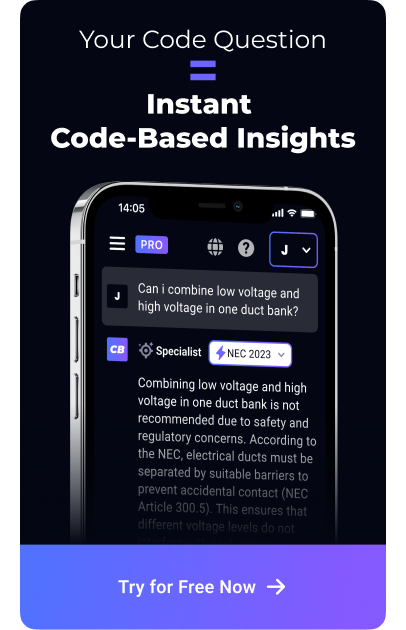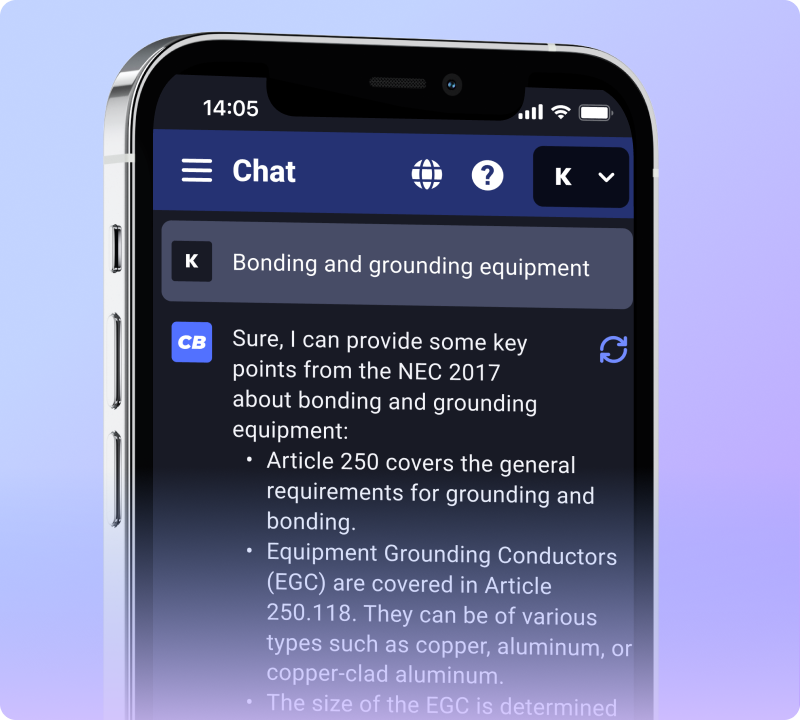Keeping costs low in construction projects is a big challenge. Many companies lose money because they don’t control costs well. This blog talks about cost control in construction projects and how it can help save money.
Keep reading to find out more.
Key Takeaways
- Cost control in construction helps keep projects on budget and maximizes profits. This includes tracking costs, forecasting expenses, and managing resources wisely.
- Effective cost management leads to higher client satisfaction because it shows that their money is valued. Keeping projects within budget builds trust and encourages repeat business.
- Challenges like lack of training, poor planning, and unexpected issues can make cost control hard. Overcoming these challenges requires clear goals, good communication, and the right tools for tracking expenses.
Definition and Core Concepts of Cost Control in Construction
Cost control in construction means managing expenses throughout a project. It helps to keep the budget on track. This process includes several key ideas. First, project cost control focuses on tracking all costs from start to finish.
It looks at labor, materials, and equipment needed for the job. Expense tracking in construction projects ensures that you spend wisely.
Control methods also predict future costs through cost forecasting in construction. By doing this, you can avoid surprises later on. Effective measures help maintain client satisfaction by staying within budget limits.
Budget management strategies make sure resources are used efficiently too. All these elements work together to build strong financial control in construction projects.
Effective cost control is vital for keeping your projects profitable.
Benefits of Effective Cost Control in Construction
Effective cost control helps keep the project on budget. It also ensures that resources are used wisely, leading to better client satisfaction.
Maximizing Profitability
Maximizing profitability is key in construction jobs. Effective cost control helps you keep more money in your pocket. A well-managed budget lets you know where every dollar goes. You can make better choices with materials and labor costs.
This strategy also aids in spotting areas to cut expenses without lowering quality.
Understanding project costs allows you to forecast future needs accurately. You can plan for profit by tracking how much each task costs as the project moves along. Construction expense management gives clear insights into what brings value and what doesn’t, leading to smart spending decisions on your next job.
Budget control leads to higher profits for tradesmen like electricians working hard on site.
Adhering to Budget
Staying on budget is key in construction projects. Cost management in construction helps keep expenses in line with project goals. Every dollar saved contributes to your bottom line.
Proper project budgeting ensures all costs are accounted for.
Tracking expenses allows tradesmen and electricians to see where money goes. A clear view of spending leads to better decisions. Use effective expense tracking methods to catch errors early.
This will help avoid costly mistakes that can derail the project timeline or cut into profits. Budget control in construction is crucial for successful outcomes and satisfied clients.
Optimizing Resources
Optimizing resources is key in construction. It means using materials, labor, and tools wisely. This helps to cut costs while keeping quality high. Smart resource management saves time and money.
Allocate workers based on skills for best results. Use the right tools for each job to avoid delays.
Tracking expenses also plays a big role in optimization. Keep an eye on material use and equipment rental costs. Small changes can lead to big savings over the project life cycle. Efficient resource use makes projects run smoother and helps meet budgets.
Now we will look at techniques for effective cost control in construction.
Risk Mitigation
Risk mitigation helps reduce problems in construction projects. It involves finding risks and making plans to avoid them. Effective cost control plays a big part in this process.
For example, staying on budget can help prevent financial issues later on. Monitoring project costs closely allows teams to catch problems early. Good planning means fewer surprises and happier clients.
Keeping track of expenses boosts confidence in the project’s success. Solid risk management methods lead to safer work conditions and better outcomes for everyone involved. This sets the stage for discussing techniques for effective cost control in construction next.
Client Satisfaction
Effective cost control leads to higher client satisfaction. Meeting budgets shows clients that you value their money. It builds trust and helps you keep long-term relationships. When projects stay on track, clients feel positive about the work done.
Good expense tracking in projects also plays a big role. Clients appreciate being informed about costs throughout the project. This transparency makes them feel involved and respected.
Happy clients often return for more work or recommend your services to others. In this way, construction budget optimization not only meets needs but also boosts your reputation in the industry.
Techniques for Effective Cost Control in Construction
Cost control is key in construction. It helps keep expenses in check and boosts profits. Use these techniques for effective cost management.
- Create a detailed budget plan. A clear project budget guides your spending and helps everyone stay on track.
- Monitor project costs regularly. Keep an eye on expenses to catch overspending early. This practice allows you to make quick adjustments.
- Use cost forecasting methods. Predict future costs based on past data and current trends. This helps you plan better and avoid surprises.
- Optimize resource allocation. Assign workers, materials, and equipment wisely to prevent waste. Efficient use of resources saves money.
- Implement change order management. Track any changes that affect costs promptly with clear documentation. This keeps the project aligned with the budget.
- Involve all team members in cost discussions. Open communication ensures everyone understands the importance of sticking to the budget.
- Regularly analyze construction costs throughout the project lifecycle. Understanding where money goes reveals potential savings.
- Set up a software system for budget management in construction projects to streamline tracking and reporting.
- Train staff on cost-saving strategies in construction jobs as they play a critical role in following protocols that preserve budgets.
- Conduct regular reviews of expense management processes to identify what works well and what needs improvement.
These points help create a solid foundation for controlling costs effectively in construction projects, ensuring profitability and client satisfaction are met consistently.https://www.youtube.com/watch?v=jQhgguR_X4Q
Challenges in Implementing Cost Control
Cost control is key in construction projects. Many challenges can make this hard.
- Lack of Training: Workers may not know how to manage expenses well. This makes cost control less effective on the job site.
- Poor Communication: Misunderstandings can happen between team members. Clear talk is needed to avoid extra costs and waste.
- Unclear Goals: If everyone does not understand project goals, it leads to mistakes. All workers need to know the budget and constraints.
- Changing Project Scope: Changes in plans often raise costs. Cost-saving strategies must adapt quickly when this happens.
- Inaccurate Estimates: Sometimes, initial cost estimates are off-target. This can lead to budget overruns during construction.
- Unexpected Issues: Problems like bad weather or supply delays can increase costs. These risks need careful planning and monitoring.
- Poor Planning: Without a solid project budget management plan, expenses can spiral out of control quickly.
- Resistance to Change: Some team members might resist new tools or methods for managing costs. A strong culture of teamwork is needed for success in these situations.
- Inefficient Use of Resources: Wasteful practices waste time and money on projects. Proper budget optimization in construction helps eliminate these inefficiencies.
- Insufficient Monitoring Tools: Not using proper monitoring techniques makes tracking expenses difficult. Effective project cost monitoring solutions are necessary for staying within budget limits.
Conclusion
Cost control is key for success in construction projects. It helps manage expenses and boosts profits. Using effective strategies keeps budgets on track and resources efficient. This leads to happier clients and fewer risks.
Smart cost management makes every project better.

